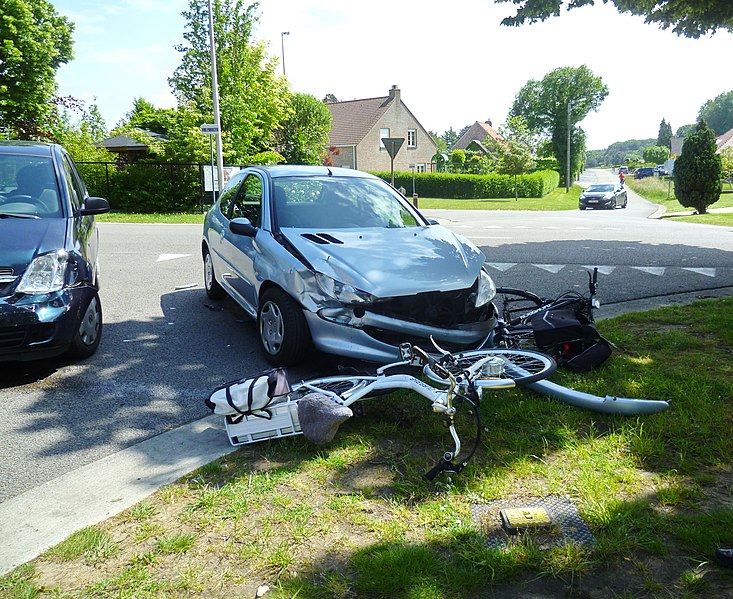Unfortunately, car accidents are everyday occurrences that can lead to severe personal injuries and significant property damage. In the aftermath of such incidents, understanding personal injury damages and the role of evidence becomes crucial for those affected. From severe physical injuries to sudden emotional trauma and financial stress, the results of any car accident can be overwhelming. This article aims to shed light on personal injury damages and the vital role of evidence in such cases.
Types of Personal Injury Damages
- Physical Injuries
One of the most apparent consequences of a car accident is physical harm. From minor cuts to severe injuries, the impact can vary significantly. These injuries often lead to medical expenses, rehabilitation costs, and ongoing care, all contributing to the claimed damages.
- Emotional Distress
Emotional distress, sudden anxiety, bouts of depression, and post-traumatic stress disorder (PTSD) are expected consequences. Victims may experience nightmares, fear of driving, or even flashbacks to the accident, impacting their daily lives and mental well-being.
- Lost Wages and Future Earnings
Injuries sustained in a car accident might result in time away from work, leading to lost wages. Moreover, if these injuries are serious, they can hinder one’s ability to work in the future, affecting their earning potential. Compensation for these lost wages and future earnings is a significant part of personal injury damages.
- Property Damage
Car accidents often cause damage to vehicles and other property. Repairing or replacing damaged vehicles and belongings adds to the economic losses suffered by the affected individuals.
The Role of Evidence in Claiming Damages
San Diego car accident lawyers state that evidence helps establish the extent of damages and prove liability in a car accident case. Documentation, photographs, witness statements, medical records, and police reports are crucial evidence. These pieces help recreate the accident scene, determine fault, and assess the damages.
Gathering Evidence
Promptly collecting evidence after an accident is essential. Taking photographs of the accident scene, vehicles involved, and any visible injuries can provide valuable visual evidence. Obtaining contact information from witnesses and seeking immediate medical attention also contributes to building a solid case.
Medical Records and Documentation
Maintaining thorough medical records is crucial. These records document injuries sustained and provide a clear link between the accident and the resulting medical treatment. They are vital evidence in determining the extent of physical harm and associated medical expenses.
Expert Testimony
In complex cases, expert testimony can strengthen a claim. Medical professionals, accident reconstruction specialists, and financial experts may provide the following:
- Testimony to support the extent of injuries.
- The circumstances of the accident.
- The resulting financial losses.
Car accidents can have far-reaching consequences, causing physical, emotional, and financial hardships for those involved. Understanding personal injury damages and the significance of evidence is essential in seeking rightful compensation. While coping with the aftermath of an accident can be daunting, gathering comprehensive evidence and seeking legal counsel can significantly aid in the pursuit of justice and fair compensation for the damages incurred. Remember, swift action and thorough documentation can create a massive difference in the outcome of any case that arises from a personal injury claim.

